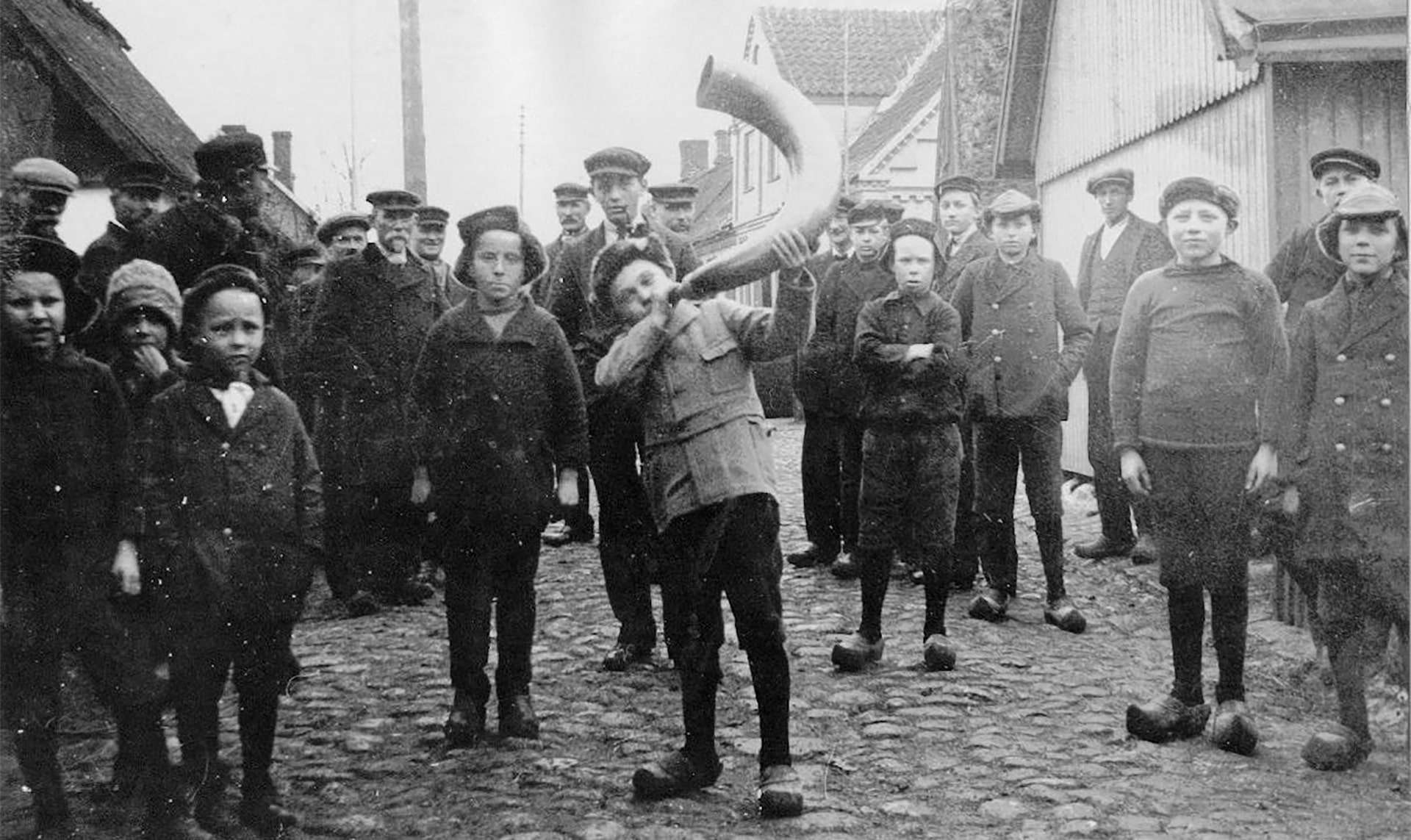
History
Kiviksbygden has a long history that begins already in the Stone Age. Out in Hanö Bay, the world's oldest fixed fishing gear still lies as a memory from our oldest settlers 9,000 years ago.
From the Bronze Age, we have one of Northern Europe's largest burial grounds, with the mighty Kiviks grave in the center, and large burial grounds both north and south of it. During the Iron Age, Maletofta was at Haväng, and it grew into one of Northern Europe's largest trading places with a fascinating hidden history underground.
In the Middle Ages, herring were fished on Kivik in such large quantities that the Hansa, the North German trade association based in Lübeck, had a chapel built on the current Kapplabacken. The last remains of this chapel were demolished in the latter half of the 18th century.
The name Kivik is known in writing since 1532, but we know it is much older than that. Perhaps it is from the Bronze Age and means calm harbor or possibly fishing gear for eels? There are many theories about the origin and meaning of the name.
At the end of the 16th century, Kivik had its first permanent fishing population, and life was very hard and poor with meager incomes. The large estates owned the land and fishing rights, and the population made a living from day labor, lean agriculture and leased fishing. Trade, however, continued to be of great importance to Kivik, and Kivik's Market had its royal rights confirmed as early as 1623.
In the 19th century, Kivik became one of Sweden's largest shipping towns, when the population could come together to buy shares in ships and cargo. This began to build a new prosperity, at the same time as an ever-increasing amount of tourists, artists and bathers began to come to the fishing village, and a whole new hospitality industry with cafes and overnight accommodation emerged. Today, it is one of the most important industries for Kivik.
In 1888, Henric Åkesson planted the apple trees at Stenshuvud south of Kivik, which became the basis for the first professional fruit cultivation. He became one of the pioneers in Sweden in growing fruit for sale on a larger scale. Kivik soon became the Apple Kingdom in Sweden and around 75% of all Swedish fruit today comes from Kivik and its surroundings. The apple is always in the center at Kivik.
Kiviksbygden is a gem in Österlen with fantastic nature and culture that can be visited all year round. It is possible to book guided tours for both nature and cultural experiences.
At Kivik there is plenty to experience, taste and look at in shops, studios, restaurants and cafes. Here is also Sweden's oldest cinema and Österlen's oldest museum.
A warm welcome to Kivik - All year round!